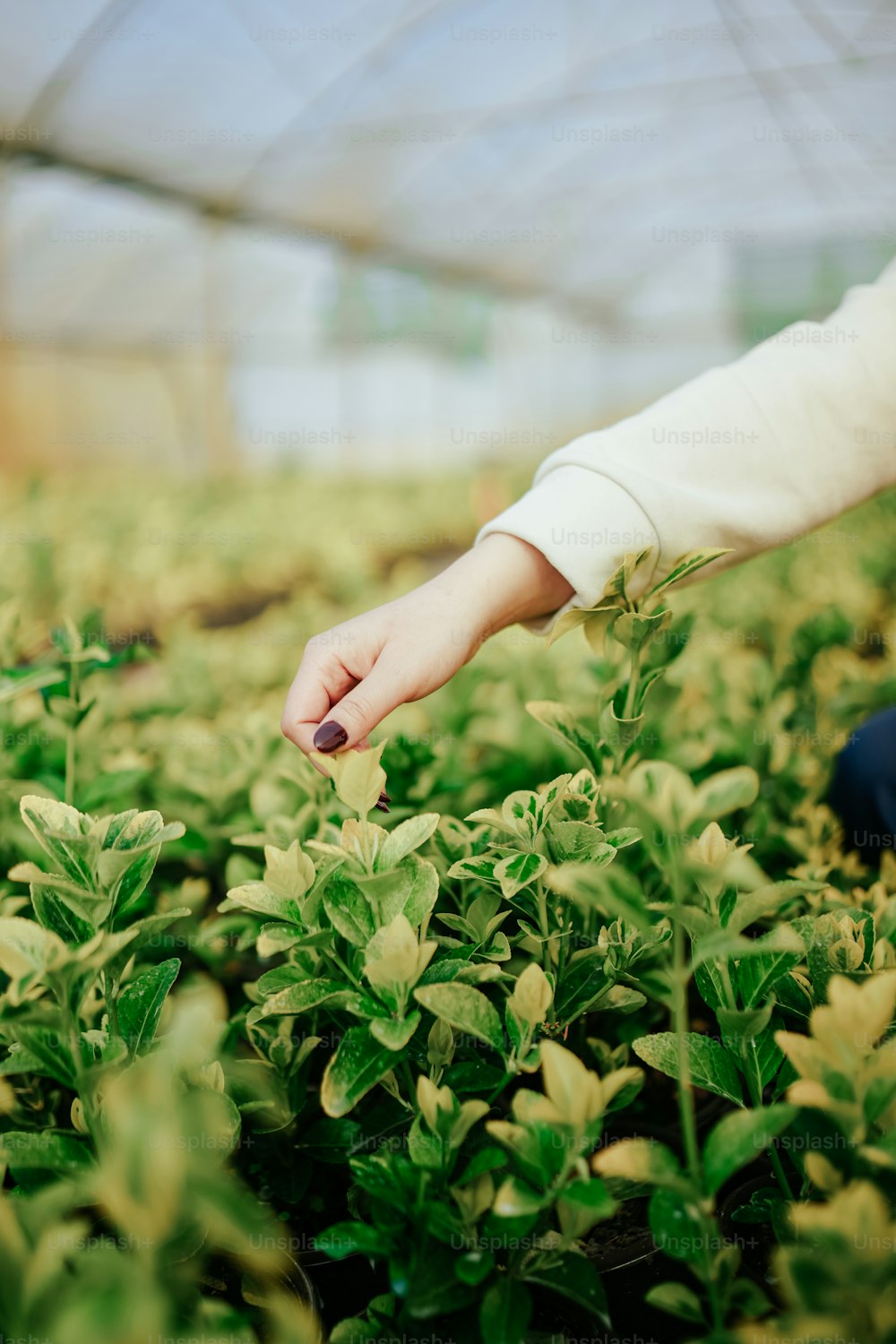Table of Contents
From Farm to the Future of Organic Agriculture
In recent years, there has been a significant rise in the popularity of organic agriculture. Consumers are becoming more conscious about the food they eat and the impact it has on their health and the environment. Organic farming, which focuses on cultivating crops without the use of synthetic pesticides and fertilizers, has emerged as a sustainable and healthier alternative to conventional agriculture. This shift in consumer preferences has not only led to an increase in demand for organic products but also sparked a movement towards a more sustainable and eco-friendly approach to farming.
The benefits of organic farming are manifold. Firstly, organic agriculture promotes soil health and fertility. By avoiding the use of harmful chemicals, organic farmers allow the natural ecosystem of the soil to thrive. This results in the production of nutrient-rich soil that enhances the quality and taste of crops. Moreover, organic farming practices also contribute to water conservation. Synthetic pesticides and fertilizers used in conventional agriculture often contaminate water sources, causing harm to aquatic life. Organic farming, on the other hand, relies on natural methods such as crop rotation and composting, which minimize water pollution and help preserve the quality of our water resources.
Challenges in Organic Farming
While organic agriculture holds great promise for the future, it also faces several challenges that need to be addressed. One of the major obstacles is the higher cost of organic farming compared to conventional methods. Organic farming requires more labor-intensive practices and often relies on manual weeding and pest control. Additionally, the certification process for organic farming can be time-consuming and expensive. These factors contribute to the higher price of organic products, making them less accessible to a wider audience.
Another challenge faced by organic farmers is the risk of pests and diseases. Without the use of synthetic pesticides, organic crops are more vulnerable to pest infestations and diseases. This requires organic farmers to adopt alternative pest management strategies, such as the use of beneficial insects or natural repellents. While these methods can be effective, they often require a greater level of expertise and careful monitoring.
The Future of Organic Agriculture
Despite the challenges, the future of organic agriculture looks promising. Technological advancements are playing a crucial role in overcoming the obstacles faced by organic farmers. For instance, precision agriculture techniques, such as the use of drones and sensors, can help organic farmers monitor crop health more effectively. These technologies enable farmers to detect early signs of pest or disease infestation, allowing them to take proactive measures to mitigate the damage. Furthermore, advancements in genetic engineering are being explored to develop crops that are naturally resistant to pests and diseases, reducing the reliance on chemical interventions.
Sustainable practices are also key to the future of organic agriculture. Practices such as crop rotation, cover cropping, and integrated pest management are gaining popularity among organic farmers. These practices not only enhance soil fertility and biodiversity but also help in pest and weed control. By adopting sustainable practices, organic farmers can improve the efficiency of their operations while minimizing their impact on the environment.
Organic Certification and Labeling
To ensure the authenticity and integrity of organic products, a robust certification and labeling system is essential. Organic certification involves a rigorous process that verifies that the farming practices used meet the standards set by regulatory bodies. This certification provides consumers with the assurance that the products they purchase are indeed organic. The labeling of organic products also plays a crucial role in consumer awareness and choice. Clear and transparent labeling helps consumers make informed decisions about the food they buy and encourages them to support organic agriculture.
Consumer Demand for Organic Products
The growing consumer demand for organic products has been a driving force behind the expansion of organic agriculture. Consumers are increasingly concerned about the impact of their food choices on their health and the environment. Organic products are perceived as healthier, free from harmful chemicals, and more nutritious. Additionally, consumers are more willing to pay a premium for organic products, recognizing the value they bring in terms of improved taste, quality, and sustainability.
The Impact of Organic Agriculture on the Environment
Organic agriculture has a positive impact on the environment in various ways. Firstly, it helps reduce the contamination of soil and water resources. By avoiding the use of synthetic pesticides and fertilizers, organic farmers prevent the pollution of water bodies and protect the health of the soil ecosystem. Organic farming also contributes to the preservation of biodiversity. By adopting sustainable practices and promoting natural pest control, organic farmers create habitats for beneficial insects and wildlife, fostering biodiversity on their farms. Moreover, organic farming reduces greenhouse gas emissions. Conventional agriculture relies heavily on fossil fuels for the production and application of synthetic inputs. By minimizing the use of these inputs, organic farming helps mitigate climate change and reduce carbon emissions.
Conclusion
The future of organic agriculture is bright and holds immense potential. With the rise in consumer demand for organic products, advancements in technology, and the adoption of sustainable practices, organic farming is poised to become a mainstream method of food production. The benefits of organic agriculture, such as improved soil health, water conservation, and reduced environmental impact, make it a viable solution for feeding a growing global population while preserving the health of our planet. As consumers, we have the power to support organic agriculture by making informed choices and demanding more organic products. Together, we can shape a future where the journey from farm to table is sustainable, healthy, and environmentally conscious.
What is a Full Stack Developer? Required Skills and More in 2023
Delicious and Nutritious: Indulge in the Perfect Recipe for a Healthy Lifestyle

